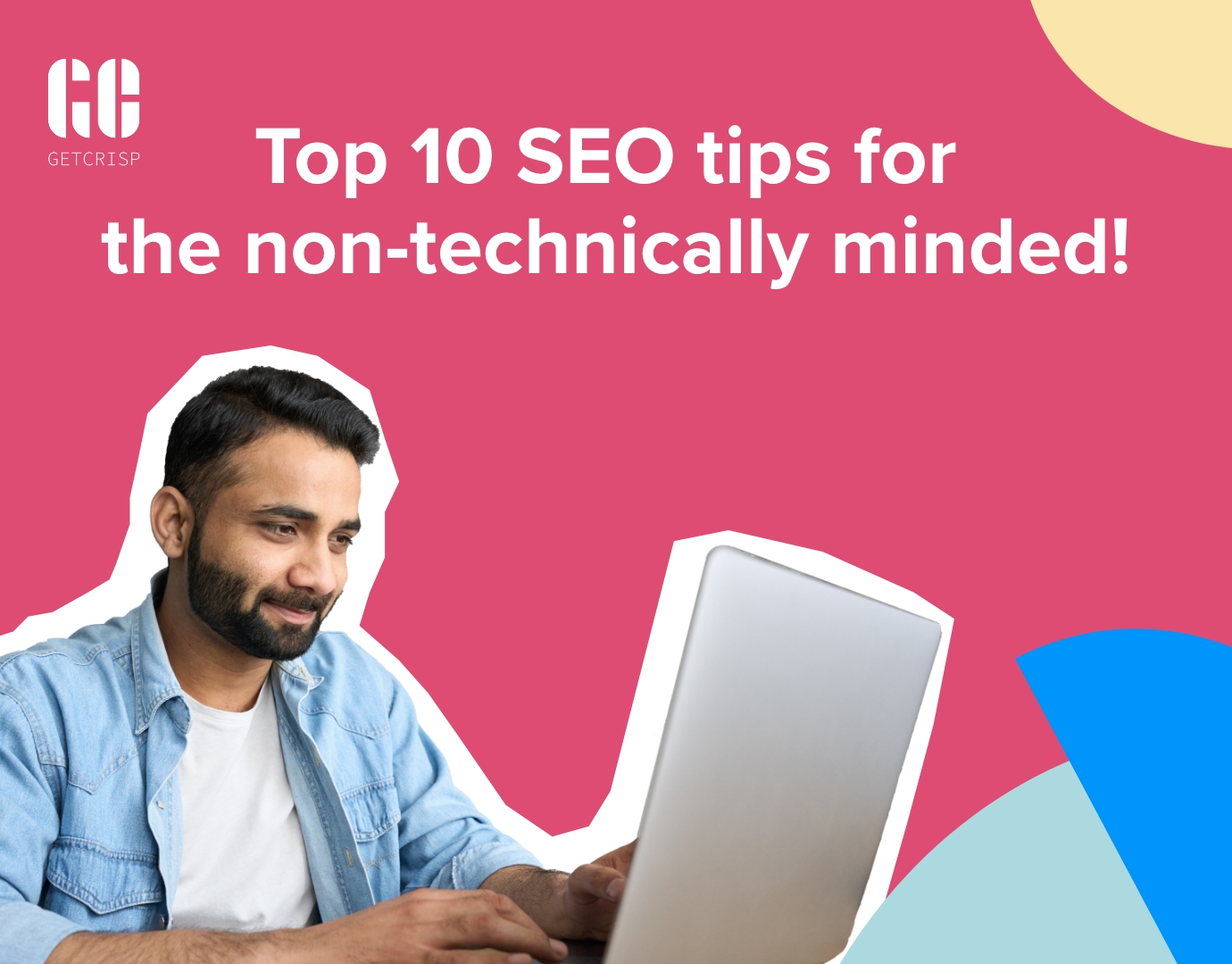Ongoing search engine optimisation (SEO) is vital for your website to ensure the right users can easily find and engage with your business.
According to a study by Chitika, 97% of clicks on search engine results pages (SERPs) come on the first results page. Just over 60% of traffic is on the first 3 listings. Now more than ever, using SEO to help your website climb the search rankings is paramount.
SEO can seem pretty intimidating, but it doesn’t have to be. We’ve put together 10 easy SEO tips to help you improve your website’s visibility:
1. Define clear objectives for your business’s website goals.
Before diving headfirst into your business’s SEO strategy, it’s important to make sure you know and understand what your website goals are. It’s vital you are bringing the right users to your website. Getting traffic to your site is one thing, but getting traffic to your site that will convert (in whatever form this may take for your business) should be the main goal. Do you want to sell through your website? Is your website a resource for thought leadership? Does your website contain content as reassurance for existing customers? Identifying your website goals will help define your SEO approach.
2. Make sure you’re doing keyword research
Start using keyword research to find out what your target audience search for. To do this, start by making a list of topics that are relevant to your business. Next, brainstorm a few key phrases and questions you think customers would search for in an ideal scenario to find your website. You can then use keyword checker tools to get an indication of search volumes for these terms. Once prioritised, use these keywords and phrases within your content.
3. Re-use content
Marketers often think they need to create new content regularly to achieve the best results possible. However, by re-using content, you can help give a new spin on content that has underperformed and give it a new lease of life. Review your old content. Some of it might have the potential to reach a whole new range of audiences. Likewise, for content that is performing well, update it regularly (for instance, update things like dates or titles if they’re out of date). Keeping the content fresh will ensure it stays relevant.
4. Use your social media platforms
Be sure to promote your content on social media. If you don’t, you may be losing a lot of potential exposure. Even though sharing a post on Instagram or Facebook doesn’t technically count as SEO, it does still boost your organic traffic. One way you can do this is by making social posts for the blogs you write. Give a little intro to the blog and add a link to where viewers can find it to help get the blog more publicity. Any clicks will mean more traffic to your website.
5. Page Speed matters
Having a good page speed is very important. Page speed can also impact bounce rate (users leaving your site immediately) and session time on your site, both of which also affect SEO.
Plainly speaking, Google cares about page speed because they know that when pages are slow to load, visitors will grow frustrated and leave your site. Google says that a page load time under two seconds is acceptable. However, they prefer to aim for half a second.
You can use Google page speed insights and page speed tools to check your website’s speed, and identify where improvements could be made.
6. Write content for people
When writing content, make sure you’re writing for people and not search engines. Of course, using all the best keywords in your headings and content is important. Still, it’s essential to remember not to overuse them as you may make the writing robotic and unnatural. Google will assess your content for readability. According to Grammarly, the ideal readability score is 60, which means those with a Year-9 (13-year-old) education can easily read.
7. Use email to help drive traffic to your website
Using email to share your content has consistently generated new leads for online businesses. Depending on your audience it can be a good idea for you to send out daily, weekly, or monthly emails to your email subscription list. Doing this can help you direct more traffic to your website, and in turn help with SEO.
8. Is your website mobile friendly?
Analyse your website’s mobile friendliness. 63.5% of Google searches in the UK are via mobiles. User experience is key to SEO. If a website is not mobile optimised, then it goes without saying, users will not have a good experience visiting your website.
9. Reviews
Gather positive reviews! Reviews are extremely good for boosting your business’s SEO. Keep your Google business profile up to date and request customer reviews using the link from your profile. Don’t panic if they aren’t all 5 stars. According to a study by Spiegel research Centre, average review scores of 4.2 – 4.5 are actually the most trusted.
10. Patience is key!
Remember, there is no cheating in the system. SEO is about consistently providing relevant information to users. If you attempt to trick Google into ranking your site higher, it won’t be a sustainable long-term solution. Google is constantly updating and refreshing its algorithms to ensure only the best content appears at the top of its SERPs.
We hope you found these 10 SEO tips helpful! Many websites struggle due to the lack of SEO, but it’s important to remember that SEO takes time. In the long run, the benefits you reap can be huge.
If you need any help getting started on your SEO journey, then get in touch!
